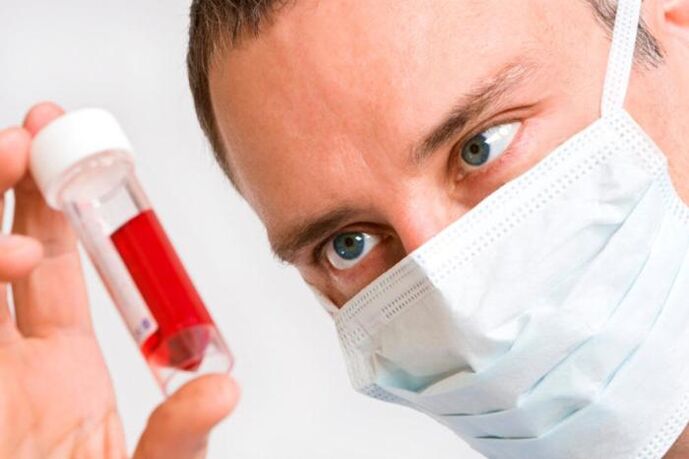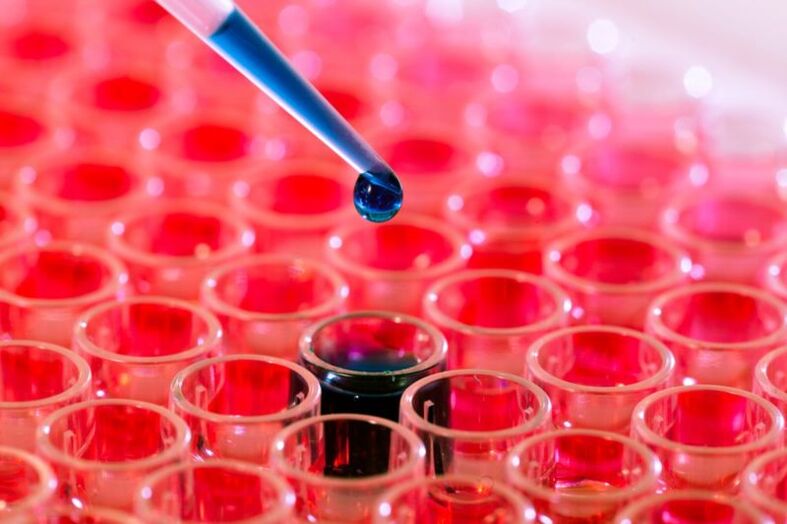
Drinkers should avoid drinking before donating blood. What foods can they eat before going to the hospital?
In order to make the examination results undistorted and in line with reality, some rules that doctors usually bring to patients need to be followed. One of the most important requirements before the blood test is the absence of ethanol.
How alcohol affects
Does alcohol affect the blood test and how to properly prepare for the test? Blood test is the most important item. It allows you to assess the general condition of your body and make an accurate diagnosis. Therefore, preparing the blood sample correctly and following all the recommendations of the attending doctor is a very important step that affects the results and should be taken seriously. The speed of the patient's recovery and the treatment prescribed by the doctor directly depend on the results of the study. Therefore, there should be a clear answer to the question of whether you can donate blood after drinking or whether you can drink beer before donating blood-no. Do not drink alcohol before donating blood.
Usually, experts will warn patients to collect blood on an empty stomach in the morning, and even coffee and tea should not be consumed. However, some patients do not always follow the recommendations and may drink beer or other alcohol before the test.

How does ethanol get into the blood? It can cause chemical transformations and have various effects on the body:
- Decreased glucose levels-effects on blood sugar;
- Increased uric acid content;
- Increased content of lactic acid in plasma;
- Some other chemicals in blood and urine also change.
Drinking alcohol can severely distort the test results, and in the best case, you will have to take the time to pass the test again. Alcohol can also affect urinalysis.
How to prepare for the exam
Which foods and drinks should not be eaten before blood donation?

Experts strongly recommend the following points to prepare for the study. Those who will pass the test should know them:
- Avoid drinking alcoholic beverages 48 hours before blood donation, preferably 72 hours;
- If a person drank alcohol before the analysis (even if it was accidental), it is recommended to refuse medical treatment and postpone it to a later date;
- Studies have shown that drinking alcohol is completely prohibited (including testing for hepatitis, HIV, diabetes, and testing for calcium, magnesium, phosphorus and some hormones);
- The day before the consultation, the use of sugar (and all sugary foods) and fried, spicy, and high-fat foods are prohibited-this will adversely affect the test;
- You should try to avoid stressful situations-you know their negative impact on the results of the analysis;
- Do not smoke 1-2 hours before donating blood.
Sugar analysis and the influence of alcohol on its results
The use of alcohol-containing beverages and preparations for sugar testing is strictly prohibited. This is especially true in diabetes. The key is that alcohol affects the liver. As a result, ethanol breakdown products enter the blood and urine, fundamentally distorting the results of the study. Ethanol molecules actively participate in the body's metabolism, thereby forming glucose. Therefore, the resulting distortion appears.
In addition to affecting the liver, ethanol can also chemically react with medical devices, resulting in foreign chemicals that adversely affect research.

Ethanol can significantly reduce the glucose content in the blood over a period of time because it interferes with the production of glucose in the liver. Therefore, false suspicions of diabetes may arise.
If you don't want to waste time and money to re-pass the exam, please read the preparation rules carefully and completely exclude alcohol from your diet-even those with the lowest alcohol content, because they are not the best way to affect the reliability of the results.
In some cases, a person will be sent for research spontaneously without preparation. For example, in the workplace, this may happen when management suspects that an employee is drinking alcohol in the workplace, and the employee may be referred to a medical institution for testing to prevent injuries at work. In this case, an alcohol urine test can also be performed.
In some companies, employees will undergo medical examinations before they start to work. Usually in these enterprises, workers are responsible for human lives or operate equipment, and improper operation may lead to serious consequences.
No special training is required for this type of testing-only the biological material is sampled. An alcohol content of 0. 2 ppm in the blood is considered harmful to the body, and 0. 5 ppm is a lethal dose.
























